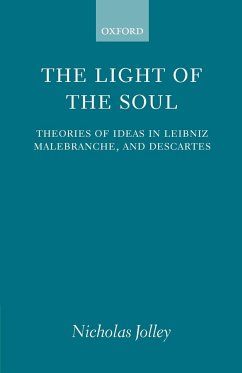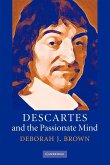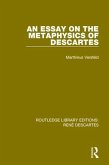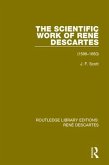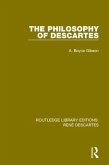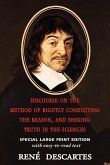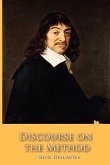The concept of an idea plays a central role in seventeenth-century theories of mind and knowledge. However, philosophers of the period were seriously divided over the nature of ideas. The Light of the Soul examines the important but neglected debate on this issue between Leibniz, Malebranche, and Descartes. In reaction to Descartes, Malebranche argues that ideas are not mental but abstract, logical entities. Leibniz in turn replies to Malebranche by reclaiming ideas for psychology. Nicholas Jolley explores the theological dimension of the debate by showing how the three philosophers make use of biblical and patristic teaching. The debate has important implications for such major issues in early modern philosophy as innate ideas, self-knowledge, scepticism, the mind-body problem, and the creation of the eternal truths. Jolley goes on to consider the relevance of the seventeenth-century controversy to modern discussions of the relation between logic and psychology.
The concept of an "idea" played a central role in 17th-century theories of mind and knowledge, but philosophers were divided over the nature of ideas. This book examines an important, but little-known, debate on this question in the work of Leibniz, Malebranche, and Descartes. Looking closely at the issues involved, as well as the particular context in which the debate took place, Jolley demonstrates that the debate has serious implications for a number of major topics in 17th-century philosophy.
Hinweis: Dieser Artikel kann nur an eine deutsche Lieferadresse ausgeliefert werden.
The concept of an "idea" played a central role in 17th-century theories of mind and knowledge, but philosophers were divided over the nature of ideas. This book examines an important, but little-known, debate on this question in the work of Leibniz, Malebranche, and Descartes. Looking closely at the issues involved, as well as the particular context in which the debate took place, Jolley demonstrates that the debate has serious implications for a number of major topics in 17th-century philosophy.
Hinweis: Dieser Artikel kann nur an eine deutsche Lieferadresse ausgeliefert werden.

